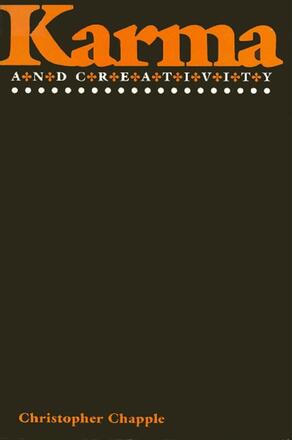
Karma and Creativity
Alternative formats available from:
Description
The conception of karma in the religious traditions of India has prompted numerous interpretations, many of which equate karma with notions of fate. Karma and Creativity presents a perspective on karma that emphasizes the efficacy of human activity in bringing about desired results--from upholding societal order to the attainment of spiritual liberation.
Karma is examined in light of several classical Indian texts. Special attention is given to the concept of mind-only in both Hinduism and Buddhism. The study focuses on the positive approach to action first learned by the sage Vasisin the Mahabharata and then taught by him to Sri Rama in the Yogavasis. It concludes with an exploration of the theological and ethical implications of action and creativity.
Christopher Chapple is Assistant Professor of Theology at Loyola Marymount University, Los Angeles.
Reviews
"This book deals with the Indian experience of karma in a fresh way--yet one which is in harmony with the tradition. Too often karma is simply dismissed by both Western and Indian readers as 'fate' or determinism. By stressing the 'creativity' aspect of karma, and tracing it from the RVeda through the Upanis, SamYogavasis and the Gita, a clear vision of karma as non-deterministic is presented. This is a welcome redress to the stress on karma as deterministic presented in earlier treatments of Hinduism. " -- Harold G. Coward, University of Calgary
"A gentle, original, synthetic theological examination of some of the central concerns of the Hindu tradition. " -- Harvey P. Alper, Southern Methodist University